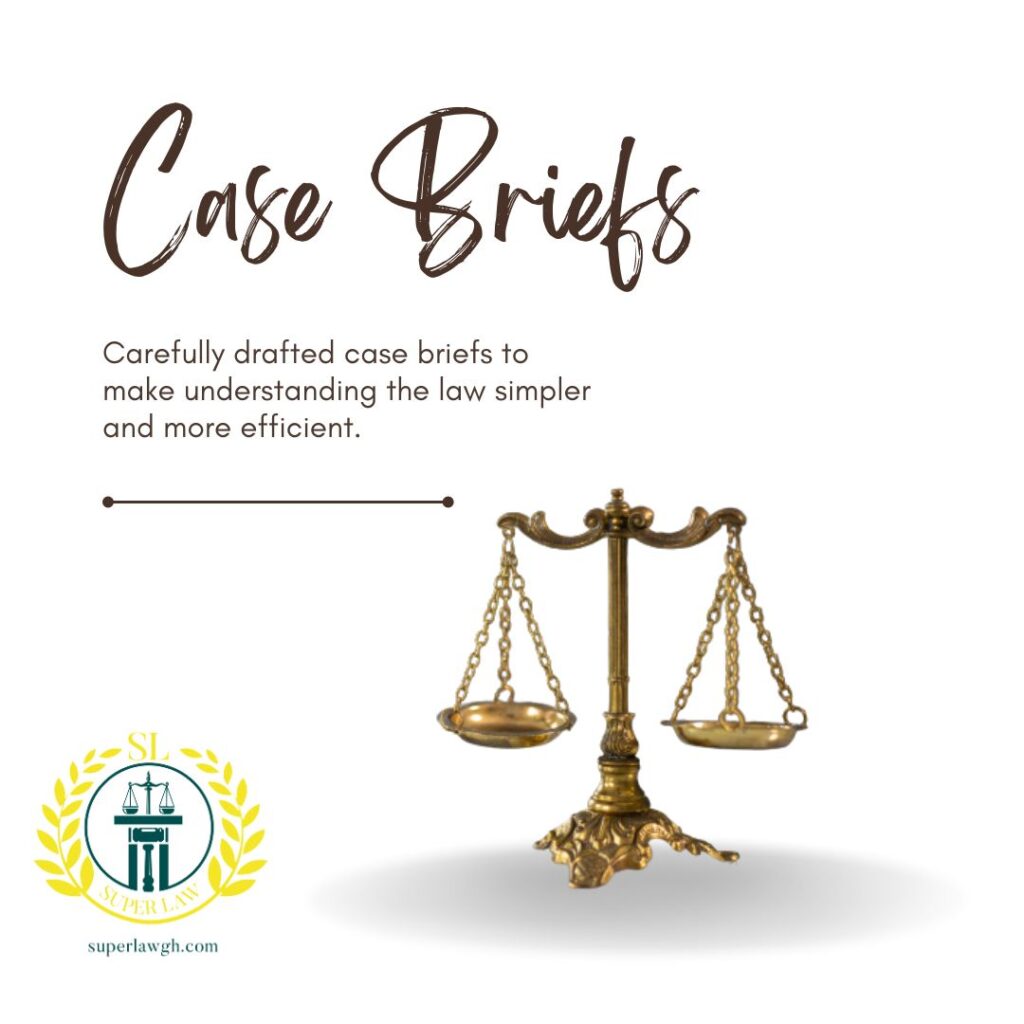Marbury v. Madison[1]
Introduction: This is a seminal constitutional law case where for the first time in history, on February 24, 1803, the US Supreme Court declared an act of Congress to be unconstitutional, thereby establishing Judicial Review.
Background: & Facts:
The case occurred in the context of a presidential transition period. The incumbent president, John Adams in an attempt to frustrate the legislative agenda of the incoming president, Mr Thomas Jefferson started packing the courts with judges who belonged to his Federalist inclination. William Marbury was one of such judges – however, he did not receive his Commission in time, and Mr Jefferson took reins of power, directing his Secretary of State, James Madison not to issue him his Commission. Marbury petitioned for a writ of Mandamus from the Supreme Court to compel Madison to issue him his commission.
Justice Marshall broke down the case into three simple issues:
(1) Did Marbury have the right to the commission?
Yes, Mr Marbury had the right to be given his commission. Marshall held that once the president had signed the document and transmitted to the secretary to affix a seal, the validity of a commission existed. Presidential discretion had been duly executed and ended there, for the political decision had been made, and the secretary of state had only a ministerial task to perform by delivering the commission. In that, the law bound him, like anyone else, to obey. Marshall drew a careful and lengthy distinction between the political acts of the president and the secretary, in which the courts had no business interfering, and the simple administrative execution that, governed by law, the judiciary could review:
31. The signature is a warrant for affixing the great seal to the commission; and the great seal is only to be affixed to an instrument which is complete. It attests, by an act supposed to be of public notoriety, the verity of the presidential signature.32. It is never to be affixed till the commission is signed, because the signature, which gives force and effect to the commission, is conclusive evidence that the appointment is made.33. The commission being signed, the subsequent duty of the secretary of state is prescribed by law, and not to be guided by the will of the president. He is to affix the seal of the United States to the commission, and is to record it.
(2) If he did, and his right had been violated, did the law provide him with a remedy?
Justice Marshall indicated that a remedy flowed naturally from the breach. The refusal of Mr Madison to deliver the commission was a violation that entitled Marbury to a remedy.
83. It is then the opinion of the court,84. That by signing the commission of Mr. Marbury, the president of the United States appointed him a justice of peace for the county of Washington in the district of Columbia; and that the seal of the United States, affixed thereto by the secretary of state, is conclusive testimony of the verity of the signature, and of the completion of the appointment; and that the appointment conferred on him a legal right to the office for the space of five years.85. That, having this legal title to the office, he has a consequent right to the commission; a refusal to deliver which is a plain violation of that right, for which the laws of his country afford him a remedy.
(3) If it did, would the proper remedy be a writ of mandamus from the Supreme Court?
In what has been described as a most brilliant legal masterstroke, Marshall held that despite a writ of Mandamus being the proper remedy, and having the full powers to order it, it would not lie on grounds of unconstitutionality. He held that Section 13 of the Judiciary Act of 1789, which gave the Supreme Court the power to grant a Mandamus was unconstitutional.
Section 13:
The act to establish the judicial courts of the United States authorizes the supreme court “to issue writs of mandamus, in cases warranted by the principles and usages of law, to any courts appointed, or persons holding office, under the authority of the United States.””
Section 13 of the act, he argued, was inconsistent with Article III, Section 2 of the Constitution, which states in part that:
The supreme Court shall have original Jurisdiction in all Cases affecting Ambassadors, other public Ministers and Consuls, and those in which a State shall be Party, and that in all the other Cases before mentioned, the supreme Court shall have appellate Jurisdiction.
Original jurisdiction — the power to bring cases directly to the Supreme Court — was the only jurisdictional matter dealt with by the Constitution itself. According to Article III, it applied only to cases “affecting ambassadors, other public ministers and consuls” and to cases “in which the state shall be party.”
By stretching the Court’s original jurisdiction to cover cases like Marbury’s (A justice of the peace), Congress had exceeded its authority.
If an Act conflicts with the Constitution and both apply to the same case, the Constitution must govern the case to which they both apply. Therefore, if an enactment is in contravention of the Constitution, that enactment is void. The Constitution is supreme to any act.
This gave a pyrrhic victory for Jefferson, as he got his way, but did not escape the brand of being identified as having failed to comply with the law. Additionally, Marshall gained the power of judicial review to properly act as a counter balance for congress and the executive.Â
[1] Marbury v. Madison 5 US 137 (1803) (Cranch)
[2] The King v. Baker et all (1266) 3 Burrows
“

